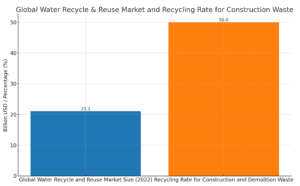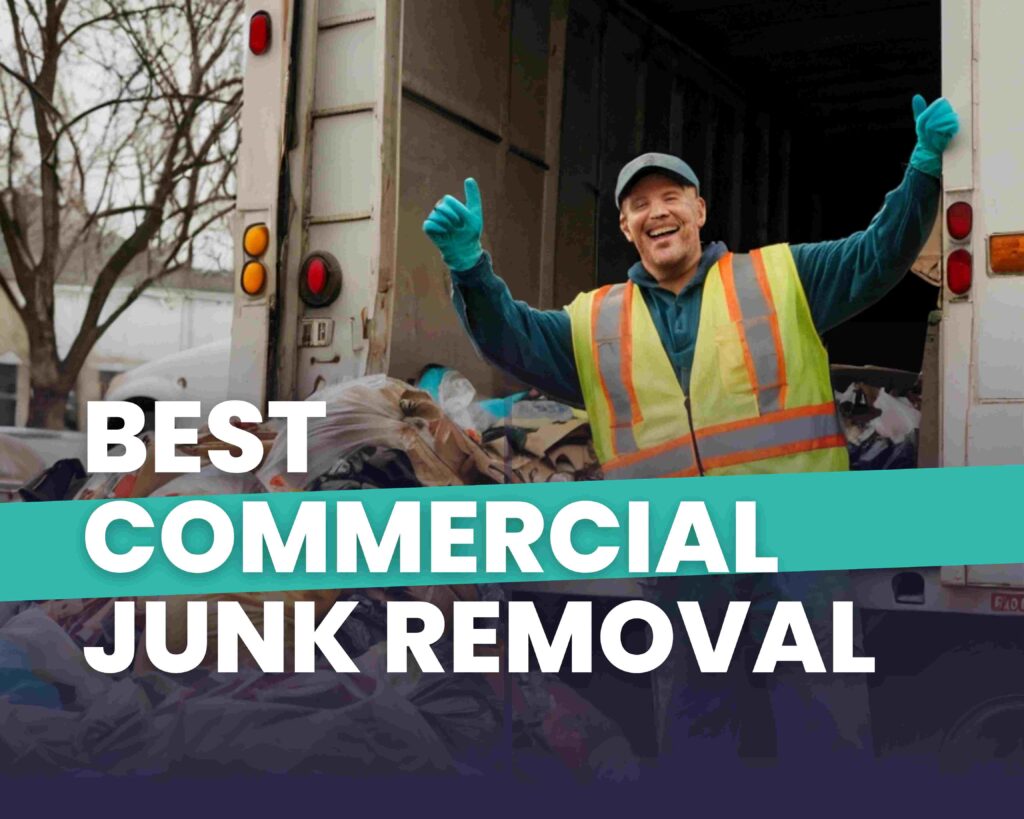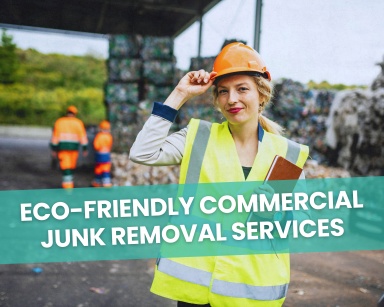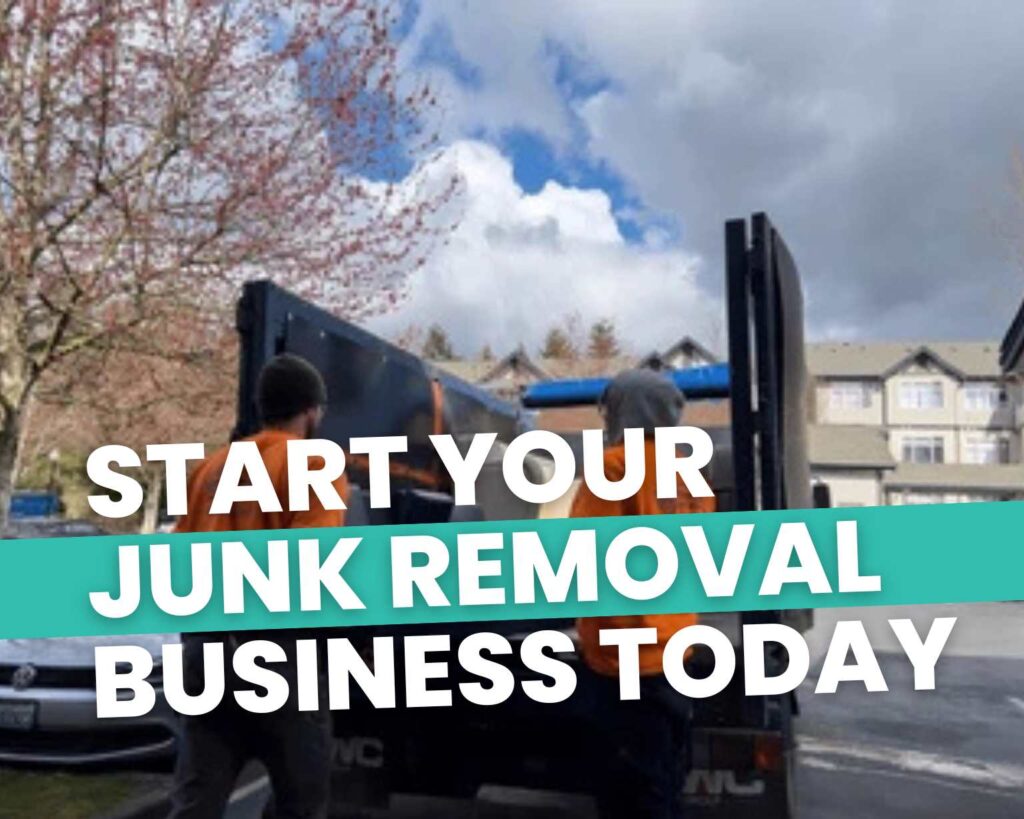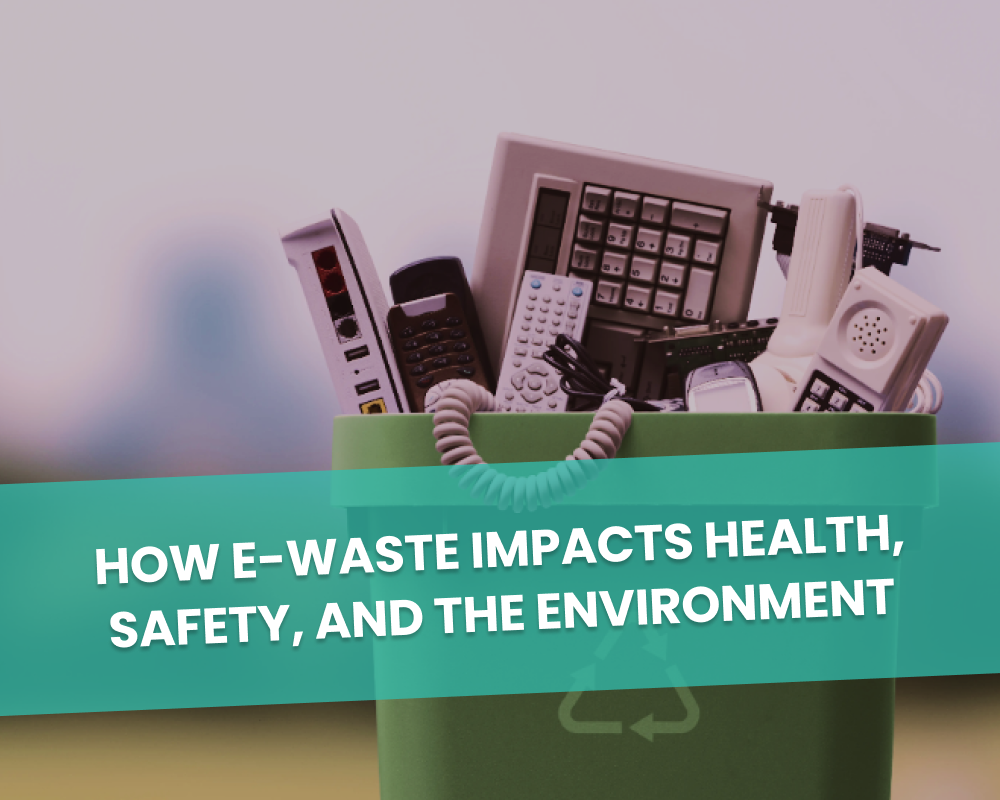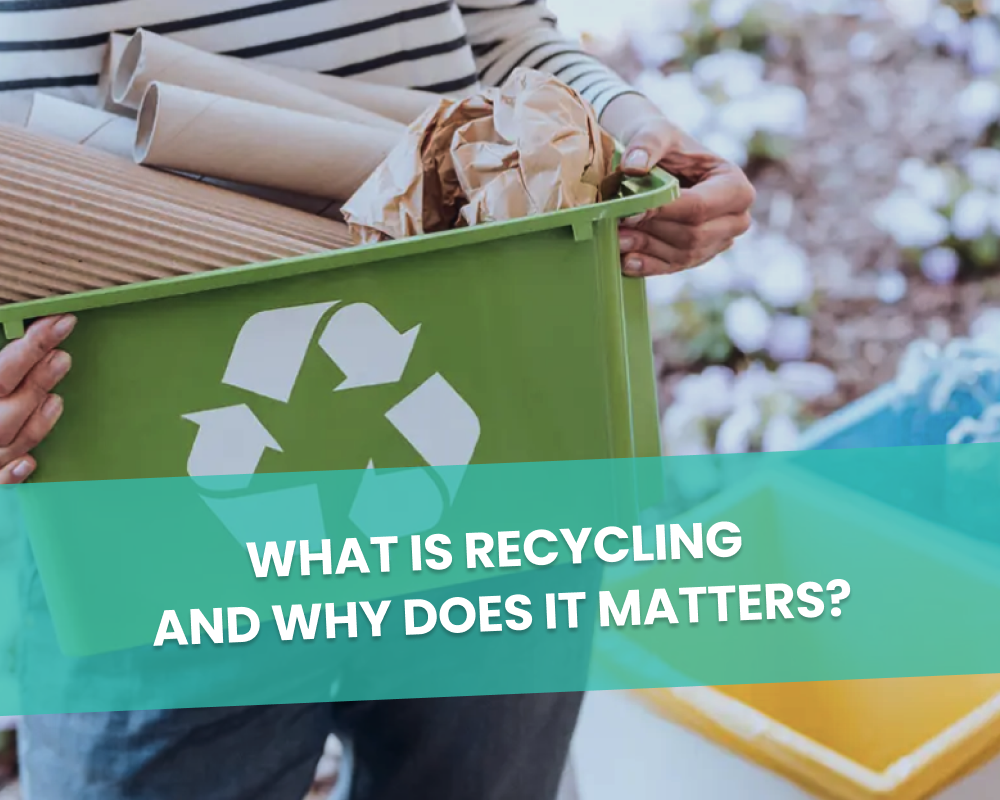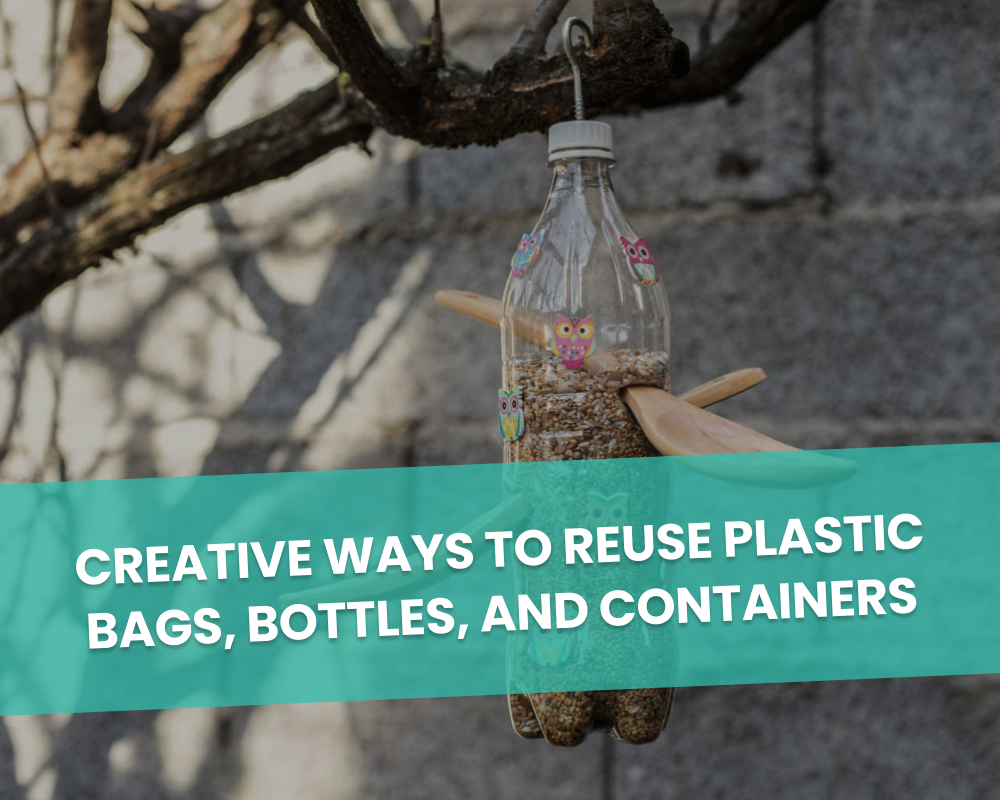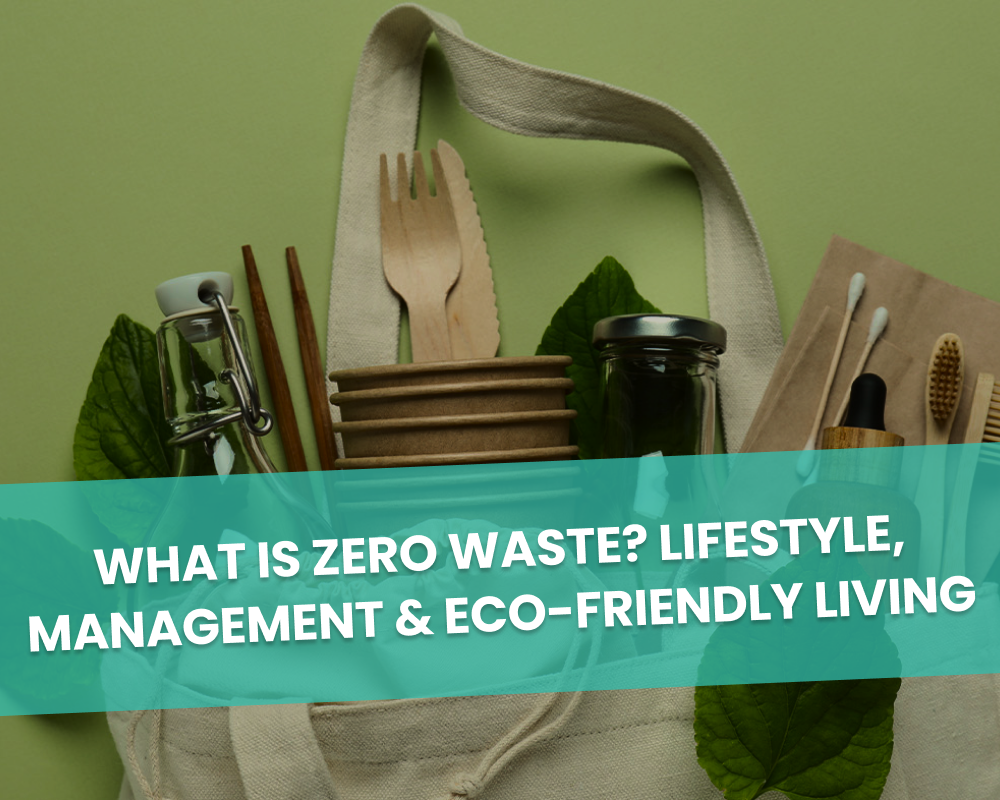What are the Advantages and Disadvantages of Beneficial Reuse?
The quest for sustainability has never been more pressing. According to the US Environmental Protection Agency (EPA), reducing and reusing can significantly decrease greenhouse gas emissions that contribute to climate change. Imagine a world where we not only reduce our waste but also repurpose it in ways that benefit communities and the environment. This is the essence of Beneficial Reuse. But what exactly is it, and why is it gaining traction?
This article delves deep into the advantages and challenges of Beneficial Reuse, offering insights backed by the latest 2023 data and real-world examples.
Table of Contents
The Essence of Beneficial Reuse
Beneficial Reuse is not just another waste management method, it’s a transformative approach to resource optimization. It focuses on donating unwanted items to communities in need, creating a circular economy where waste is minimized, and resources are maximized, thus contributing to a sustainable environment and reducing the demand for new resources.
Advantages of Beneficial Reuse
The advantages of Beneficial Reuse are multifaceted, impacting not only the environment but also the economy and society at large.
The European Parliament emphasizes that reusing and recycling products can slow down the depletion of natural resources, preserving the environment and reducing habitat disruption.
These advantages underscore the transformative potential of Beneficial Reuse in fostering a more sustainable and equitable world.
- Reduced Costs
it is a financial boon, offering savings up to 50% compared to traditional disposal methods. It’s not just about cost savings; it’s about generating substantial tax write-offs, making it a financially sound choice for businesses looking to optimize their waste management strategies.
- Preservation of Natural Resources
It is a guardian of our planet’s finite natural resources. By diverting waste from landfills and optimizing the use of resources, it mitigates the depletion of ecosystems, fostering a sustainable environment and reducing the demand for new resources.
- Reduced Pollution and Greenhouse Gas Emissions
Beneficial Reuse is a warrior against pollution and climate change, minimizing waste disposal in landfills and subsequently reducing greenhouse gas emissions. It’s crucial in maintaining ecological balance, contributing to a cleaner and healthier environment, and combating the adverse effects of climate change.
The Quantifiable Impact of Beneficial Reuse
It is not just a theoretical concept, its impact is quantifiable and substantial. For instance, the global water recycle and reuse market size reached a staggering US$ 21.1 Billion in 2022.
The recycling rate for construction and demolition waste is estimated to be around 50% globally. These statistics are a testament to the tangible benefits and the growing importance of Beneficial Reuse in various sectors.
The Environmental and Economic Symbiosis
Beneficial Reuse creates a symbiotic relationship between environmental conservation and economic viability. By keeping products in use as long as possible, we not only reduce the use of raw materials and cut CO2 but also promote economic sustainability.
The environmental benefits of reuse are long established, and the economic advantages are becoming increasingly evident, making it a balanced approach to waste management.
Disadvantages and Challenges of Beneficial Reuse
Beneficial Reuse, while revolutionary, faces its set of challenges. It demands meticulous planning and execution to ensure the donated items are of genuine benefit and do not contribute to more waste, addressing the real pain points of communities and the environment.
- Logistical Challenges
Implementing it involves overcoming logistical hurdles related to the transportation and storage of donated items. Efficient management of these aspects is crucial to avoid counterproductive outcomes and ensure the success of the reuse program.
- Quality and Safety Concerns
The quality and safety of donated items are paramount in Beneficial Reuse. Stringent quality control measures are essential to ensure the items meet the required standards and do not pose any risk to the recipients, addressing real concerns and providing genuine solutions.
Happen Ventures: Pioneering Sustainable Solutions
Our approach to Beneficial Reuse is not a mere alternative, it’s a revolutionary pathway leading industries towards ecological balance and sustainability.
Our program is a testament to this vision, minimizing waste, optimizing resources, and reducing environmental impact, thereby contributing to the creation of a circular economy where sustainability and economic viability coexist.
Transforming Unwanted Inventory into Opportunities
We believe in the power of transformation. Our Beneficial Reuse program transforms excess inventory into valuable opportunities, saving up to 74% compared to traditional waste management.
But it’s not just about the numbers, it’s about making a difference, about generating a positive social and environmental impact.
- Cost Savings: Up to 74% over traditional waste management.
- Tax Write-offs: Up to 50% of the total donation.
- Quick and Easy Pick-up: Within 3-5 days.
Empowering Communities and Enhancing ESG Scores
Happen Ventures is not just a service, it’s a movement towards community empowerment and environmental preservation. By donating items to those in need, we support local communities and contribute to the betterment of society.
Additionally, our service significantly improves your company’s ESG score, reflecting your commitment to environmental, social, and governance best practices.
The Impactful Journey: By the Numbers
Our journey in pioneering Beneficial Reuse solutions has been impactful and transformative. Here’s a glimpse of our journey by the numbers:
- Over 50,000 truckloads diverted.
- Over 700,000 miles saved in transportation.
- Over $650M of goods reused.
- Over 60,000 tons diverted.
The Bottom Line
Beneficial Reuse is a transformative approach, a step beyond conventional concepts, addressing real-world problems and offering tangible solutions. It’s about valuing resources and viewing waste not as trash but as an opportunity for positive change.
Embracing Beneficial Reuse offers numerous benefits, including cost reduction, pollution control, and resource preservation, leading us towards a sustainable and resource-valued future.

